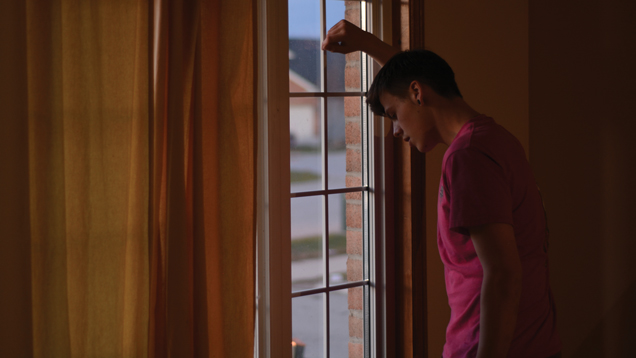Understanding regret
 CREDIT: MITCHELL VOLLMER
CREDIT: MITCHELL VOLLMERRegret can turn people against themselves, but it is important to not let it get the best of you.
“I wish I had said something when it actually mattered! What was I thinking when I was doing that? How could I have thought it would be a good idea? I wish I had gone with my friends. I can’t believe I forgot my phone.”
Common and horribly real, regret is one of the strongest human characteristics and can make or break even the strongest of us. It is the feeling that can keep someone awake at night until the morning, or distract us from work and conversations. It is the critical way of thinking that creates the feeling of blame towards oneself for an unfavourable decision.
While regret is something that is unavoidable in a regular human life, it is something which can be understood, and learned from to make oneself a better human being.
A good place to start is to determine what your feelings of regret are directed at. People feel regret for a number of reasons, but affirming exactly what and where the basis of regret stems from is important. It allows your mind to not simply dwell on the regret itself, but to consider what led up to it, and understand your feelings toward the situation.
Recognizing what has happened is often the most daunting task of overcoming regret, as once the regret has been recognized, it must eventually be accepted. Yet what most people don’t understand is that acceptance does not mean letting go, or trying to forget, it means living while conscious of the fact that what has happened is here to stay. Something regretful should never be forgotten, yet should be remembered as a lesson. By accepting what has happened as part of your life, it teaches strength of willpower and self-acceptance.
What occurs after is completely up to your decisions and what you allow to influence you. It takes a moment to consider what led up to the regret, and what can be taken away from the moment. Recognize that there is a positive direction to be taken away from every action, and that feeling guilty about something that happened in your past won’t do any good for your future. What is best is to not let regret completely alter your future decisions, but to guide them on a more positive path.
At one point or another, everyone has experienced great feelings of regret, and although for some it may sound more difficult to accept, regret isn’t something that will go away with something as simple as the passage of time. Time may heal wounds, but truly overcoming regret is a personal endeavour, which requires an acceptance of life itself, and the knowledge and understanding that it is all a part of growing. Be grateful that there is still time to turn regret into gratitude.
Not all of your own regrets are as bad as you think they are. We are our worst critics. Regret should not pull you back, but push you forward, and be a reminder that we can work harder to achieve our goals.
Editorial opinions or comments expressed in this online edition of Interrobang newspaper reflect the views of the writer and are not those of the Interrobang or the Fanshawe Student Union. The Interrobang is published weekly by the Fanshawe Student Union at 1001 Fanshawe College Blvd., P.O. Box 7005, London, Ontario, N5Y 5R6 and distributed through the Fanshawe College community. Letters to the editor are welcome. All letters are subject to editing and should be emailed. All letters must be accompanied by contact information. Letters can also be submitted online by clicking here.













